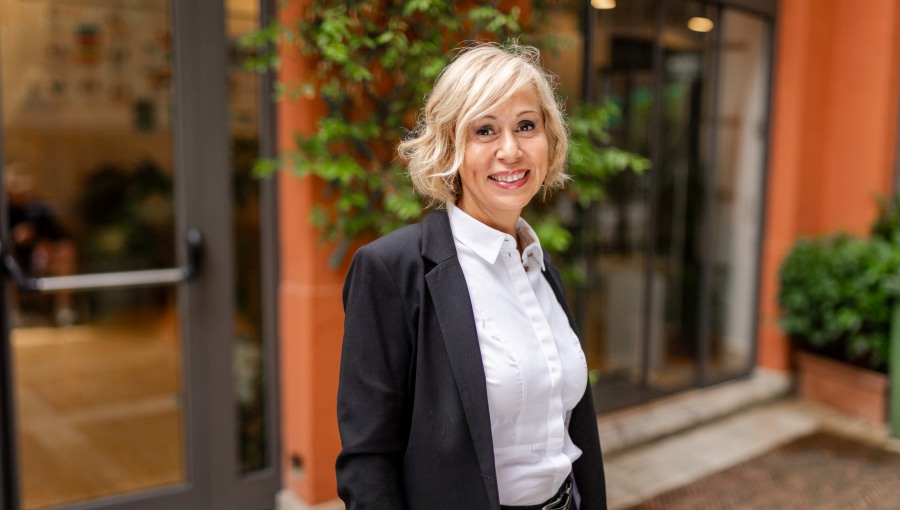Promoting Rimini as "The Italian Capital of Happiness"

Parco del Mare, Rimini
On September 23, Professor Antonella Salvatore hosted a special class in the context of the Continuing Education program “Marketing, Neuroscienze e Digitale” to discuss Service Marketing and the case study of Rimini, a city in the northern Italian region of Emilia-Romagna. The event was moderated by journalist and press agent Martina Vacca, a JCU Continuing Education alumna, and featured three special guests: Valeria Guarisco, Destination Manager at VisitRimini; Maurizio Ermeti, President of Rimini Venture Strategic Plan; Giovanni Sidoli, CEO of Vini San Valentino, a wine-production company.
Rimini as a model for tourism
The panelists explained why Rimini can be considered a model for tourism and shared their experiences as institutional representatives and entrepreneurs. Vacca explained that, until recently, Rimini had mostly been known for beach tourism and as a popular destination for young people. Lately, the city has been renewing its strategic plan, in order to better position itself in the international tourism market, especially in the post-Covid era.
Guarisco explained that VisitRimini is a destination management company, whose objective is to make people understand that Rimini is much more than beaches and entertainment. VisitRimini’s motto is, in fact, “Rimini 365 days a year!” Guarisco said that, in order to reposition Rimini on the tourism map, her company started by focusing on its strengths and by looking at Rimini through visitors’ eyes, in order to better appreciate its beauty. After this first analysis, VisitRimini decided to invest in four main areas:
- The sea: improving water quality thanks to new purifiers;
- Sports: building a new 15-kilometer-long park along the coast, with wellness areas, a cycle lane, and relaxation areas;
- Culture: with many new cultural sites, such as the Fellini Museum, the PART Museum, and the Galli Theater, among others;
- Hinterland: emphasizing Emilia-Romagna’s food and wine traditions, wide green spaces, and historical heritage.
Ermeti explained that the idea of launching Rimini as the Italian capital of happiness is not only for marketing purposes, but it reflects the city’s quintessential nature. He said that in the wake of World War II, Rimini put special emphasis on the care of its guests, offering a “democratic hospitality,” that provided opportunities for everyone, with no discrimination based on social status. In spite of this strength, Ermeti said that there were a few weaknesses that needed to be overcome, in order to make Rimini shine again. Some of these were obsolete infrastructures, such as hotels and beach resorts, a little-known historical center, and an abandoned waterfront. As Guarisco had explained, Rimini’s administration has worked hard in the last few years to attract more tourists year-round.

Piazza sull’acqua, Rimini
Sidoli explained that lately, Rimini has become a wine tourism destination. The wine sector is taking advantage of this new tourism boom, because visitors want to explore new sides of Rimini, including its food and wine traditions. He also explained that wine producers have agreed on a shared production strategy, instead of competing with one another. Almost all wine-producing companies have agreed on following a coordinated and collective campaign to promote a specific grape type, Rebola, as a characteristic element. This strategy gave more relevance to a local product, which is sold in restaurants and hotels, instead of selling wine produced in other Italian areas. Sidoli stressed that Rebola’s success will shed new light on other local wines as well.
Guarisco said that, during the pandemic, they struggled to find the right way to communicate their idea of Rimini as “Capital of Happiness,” and they decided to focus on narrative-driven strategy, especially on social media. Their promotional videos were not aimed at encouraging people to visit Rimini but showcased Rimini’s natural beauties, wine, and food products, as well as traditional recipes. Their motto became “Dream Now, Visit Later.”
(Giorgia Tamburi)





